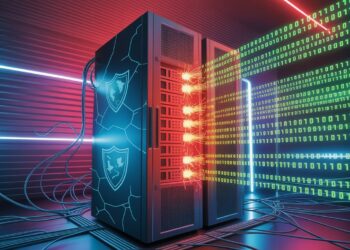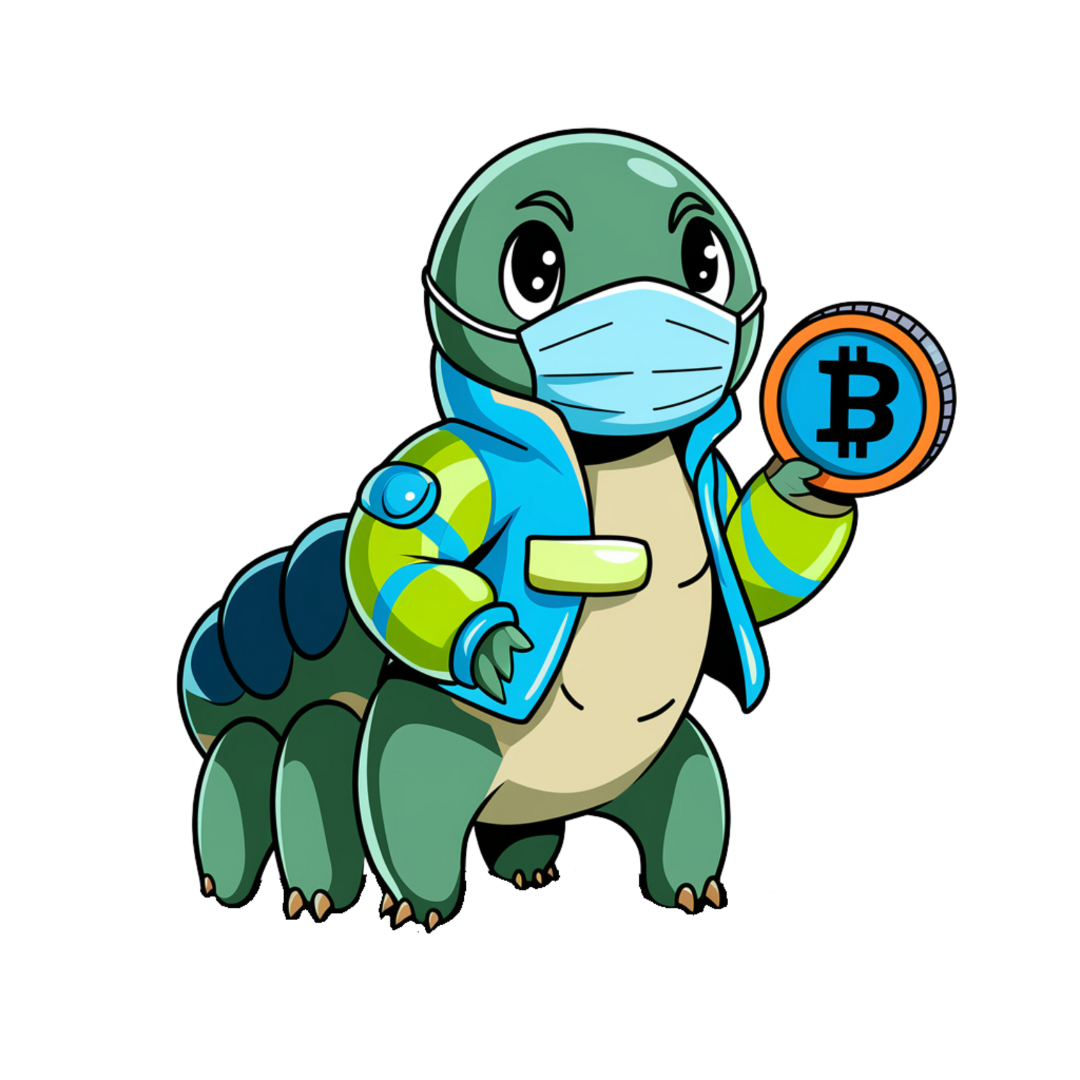The gaming industry is undergoing a major transformation with the rise of Web3 technology. This shift brings new opportunities for players and developers alike. As traditional gaming models fade, Web3 introduces innovative ways to engage with games. The concepts of play-to-earn (P2E), non-fungible tokens (NFTs), and decentralized governance are changing how we play and interact with games. This article explores how Web3 is revolutionizing gaming, leading us into a new era of entertainment.
The Shift from Traditional Gaming Models
The traditional gaming landscape centers around centralized systems. Players usually have limited ownership of in-game assets. They buy games and items but don’t fully own them. When a game shuts down, all investments can vanish. This is where Web3 stands out by promising true ownership and an open marketplace.
The Allure of Web3 Gaming: Ownership, Transparency, and Community
Web3 gaming focuses on:
- Ownership: Players can truly own their in-game assets as NFTs.
- Transparency: Blockchain technology ensures every transaction is visible and secure.
- Community: Players can engage in game development and decision-making through decentralized platforms.
A Glimpse into the Future of Interactive Entertainment
As Web3 continues to grow, expect games to become more immersive, allowing players to influence game narratives and environments actively. The future looks bright as interactive entertainment evolves beyond traditional boundaries.
Play-to-Earn (P2E) and the Tokenization of In-Game Assets
P2E games have emerged as a revolutionary model, allowing players to earn real income while gaming.
Defining Play-to-Earn: Beyond Gaming, a New Economy
P2E enables players to earn tokens through gameplay. These tokens can be traded, sold, or used within the game. This creates an economy around gaming that didn’t previously exist.
Successful P2E Game Examples: Axie Infinity, Decentraland
- Axie Infinity: Players breed and battle creatures called Axies. They earn tokens by completing battles and quests.
- Decentraland: A virtual world where users can buy, build, and sell virtual real estate, creating a vibrant economy.
Challenges and Sustainability in P2E Models: Addressing Scalability and Volatility
Despite their popularity, P2E games face challenges. Issues like server overload and token price volatility can affect sustainability. Developers must find ways to balance rewards and maintain player engagement.
NFTs and the Metaverse: Reshaping Game Ownership and Experiences
NFTs allow players to hold unique digital assets within games, fundamentally changing asset ownership.
NFTs as Unique Digital Assets: Owning In-Game Items
Each NFT represents a specific item or character, making it one-of-a-kind. Players can buy, sell, or trade these assets on various marketplaces.
The Metaverse and Immersive Gaming Environments: Decentraland, The Sandbox
Metaverse platforms like Decentraland and The Sandbox offer vast, immersive worlds. Players can explore, create, and socialize, turning gaming into a communal experience beyond just playing.
The Impact of NFTs on Game Development and Player Engagement
NFTs encourage developers to create engaging content. Players feel invested when they own unique assets. This investment drives engagement and community.
Decentralized Autonomous Organizations (DAOs) in Gaming: Community Governance
DAOs are reshaping how games are governed, pushing power into the hands of players.
The Rise of DAOs: Empowering Players Through Collective Decision-Making
DAOs allow communities to vote on game changes or updates. Players have a say in the direction of their favorite games, enhancing the community aspect.
Real-world Examples of DAOs in Gaming
Games like MKR and Aavegotchi utilize DAOs to engage players in decision-making processes. This collaboration fosters innovation and responsiveness to player needs.
Potential Benefits and Challenges of DAO Governance in Games
While DAOs enhance player empowerment, they can also face challenges. Decision-making can be slow, and divisions within the community may arise.
Blockchain Technology: Security, Transparency, and Interoperability in Games
Blockchain is the backbone of Web3 gaming, delivering essential benefits.
Blockchain’s Role in Ensuring Fair Play and Transparency
Blockchain provides an immutable record of all transactions, ensuring fairness. Players can verify everything from ownership to in-game activities.
Cross-Chain Interoperability: Expanding Game Ecosystems
Blockchain technology allows for different games to interact. This interoperability lets players transfer assets and experiences across multiple platforms.
Security and Data Privacy Considerations in Web3 Gaming
Players must remain vigilant about data security. While blockchain enhances security, risks remain in user practices and third-party services.
The Future of Web3 Gaming: Opportunities and Challenges Ahead
As Web3 grows, it faces more opportunities and challenges.
Addressing Scalability Issues and User Experience
Developers need to enhance user experience while managing scalability. Smooth gameplay is crucial for retaining players in expanding ecosystems.
Regulatory Landscape and Legal Considerations
Web3 gaming operates in a complex legal environment. Developers must navigate regulations regarding tokens, asset ownership, and data privacy.
The Potential for Mass Adoption and Mainstream Appeal
As awareness spreads, mass adoption could occur. Engaging gameplay and community features will draw in both casual and hardcore gamers.
Conclusion: Embracing the Web3 Gaming Paradigm Shift
The changes brought on by Web3 are significant, providing new possibilities for players and developers alike.
Key Takeaways: The Transformative Potential of Web3
- Web3 introduces true ownershp of gaming assets.
- P2E models create economic opportunities within gaming.
- DAOs democratize game governance.
Gamers and Developers Entering Web3
Players should explore various Web3 games and stay informed about updates. Developers must focus on creating engaging content and building communities.
The Future of Gaming: A Decentralized and Player-Owned Landscape
Web3 is paving the way for a democratized gaming industry. By embracing these changes, we can look forward to a future where players and developers work hand in hand, creating immersive experiences that benefit everyone involved.

























